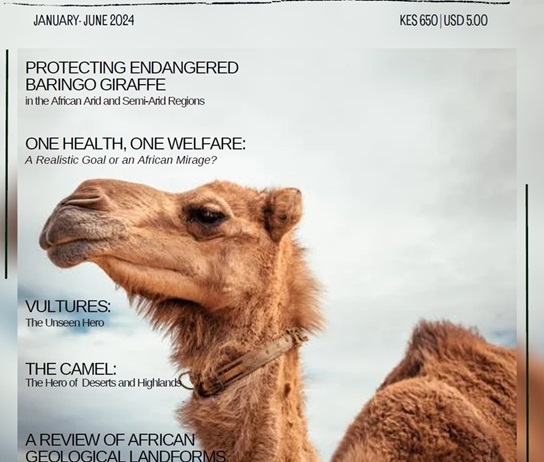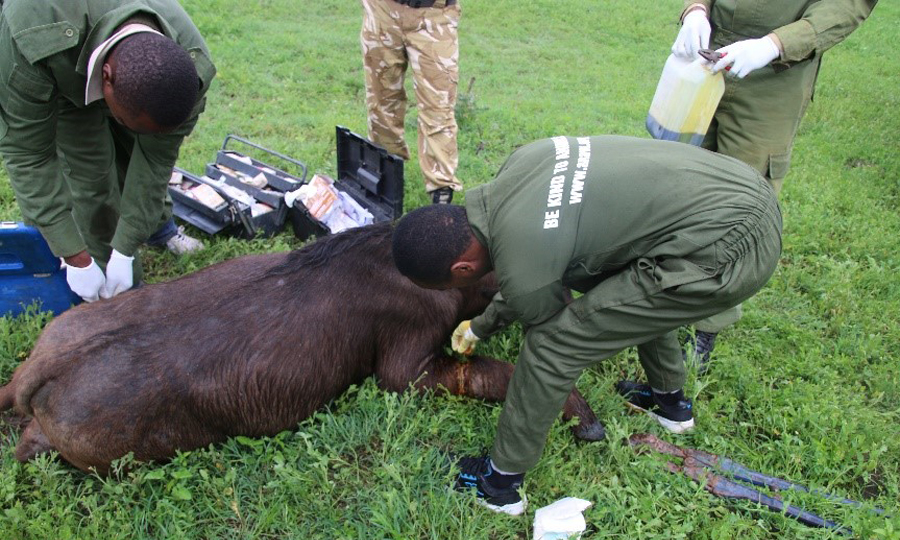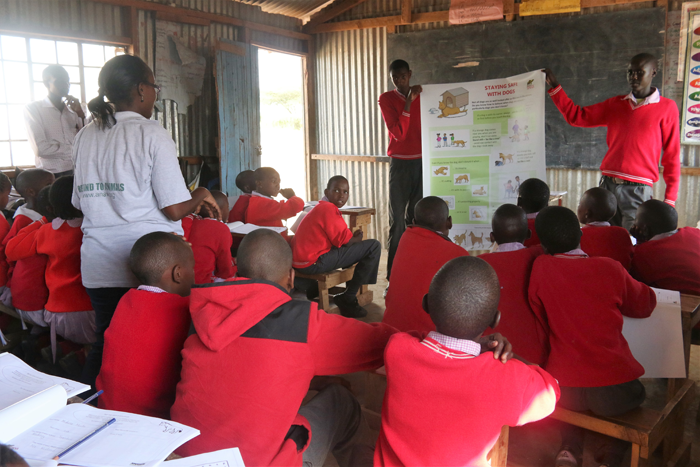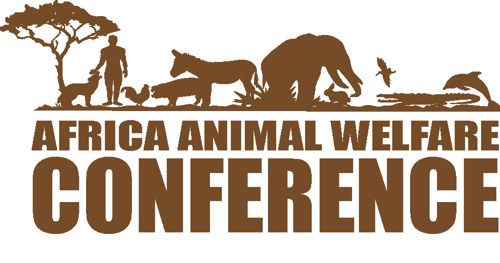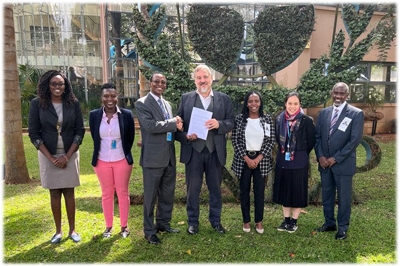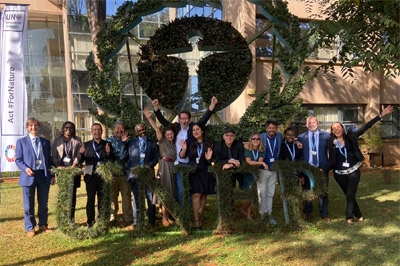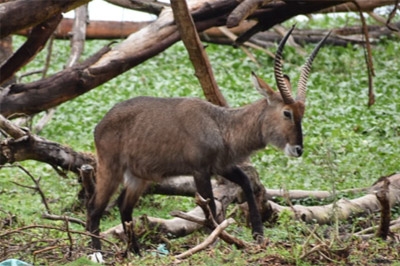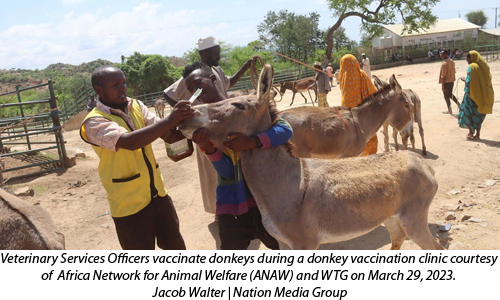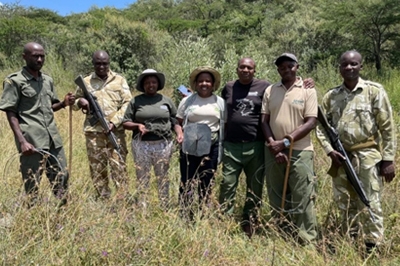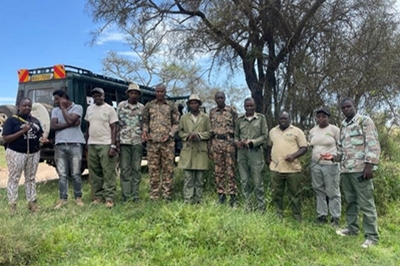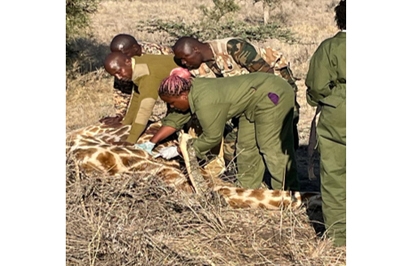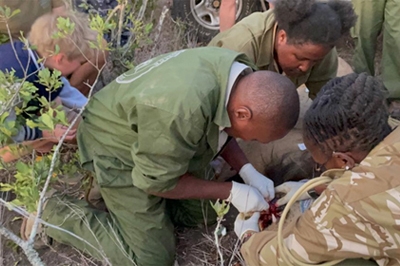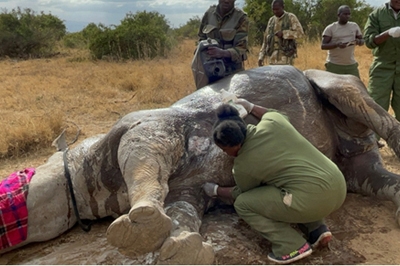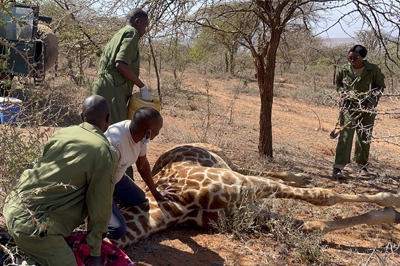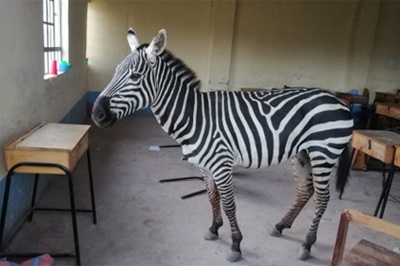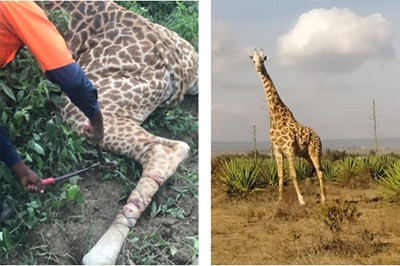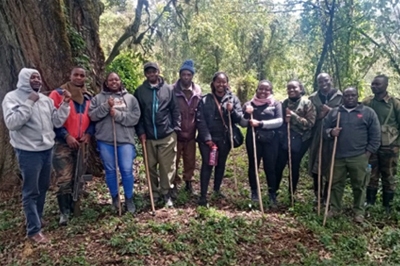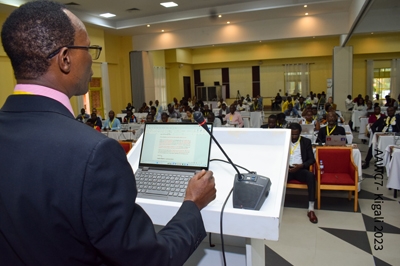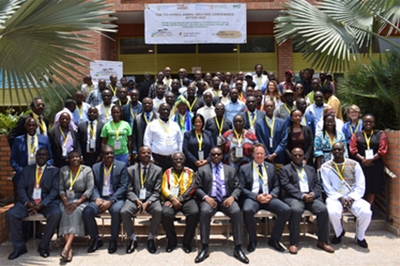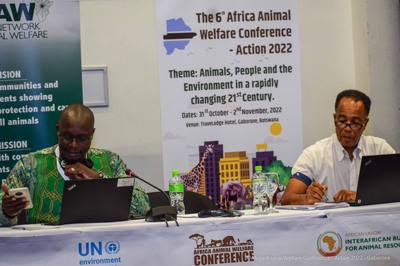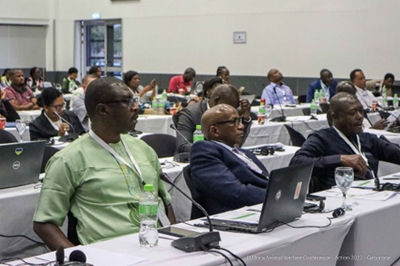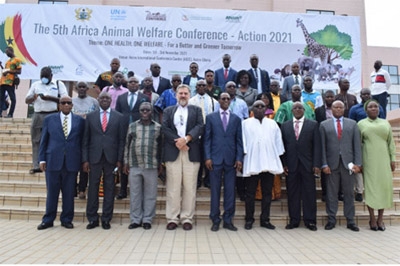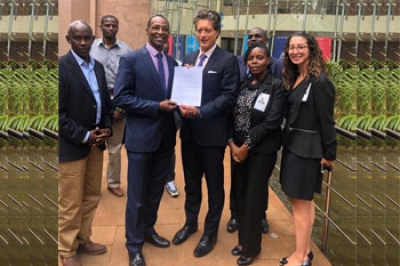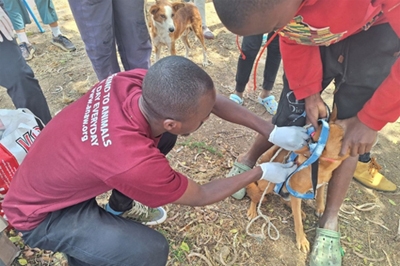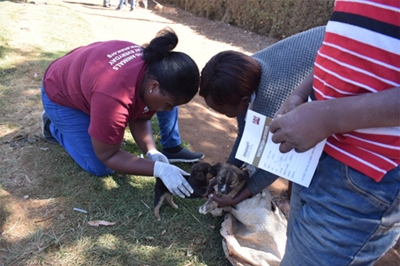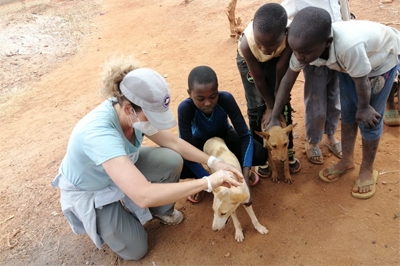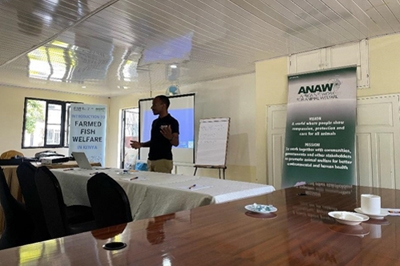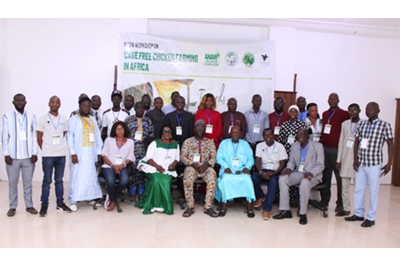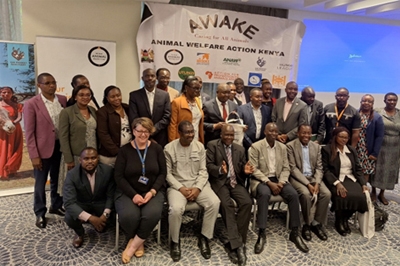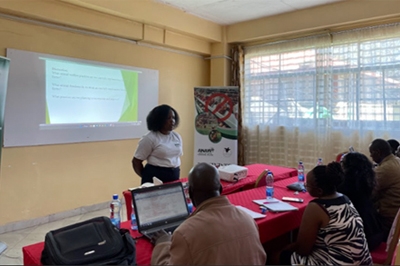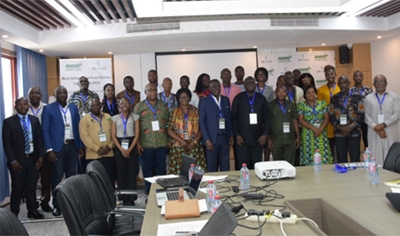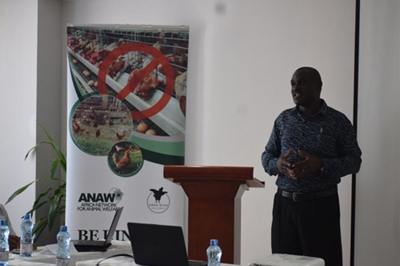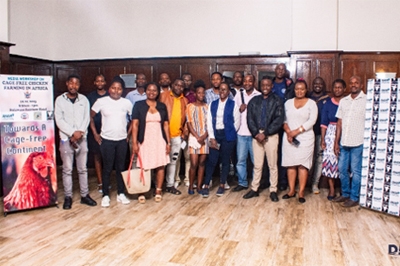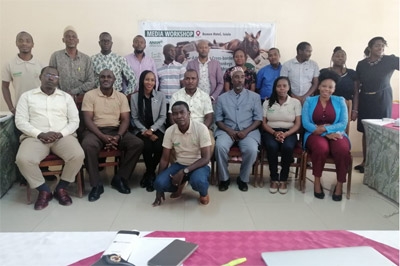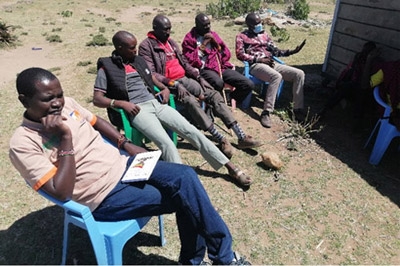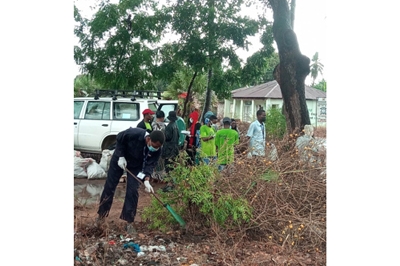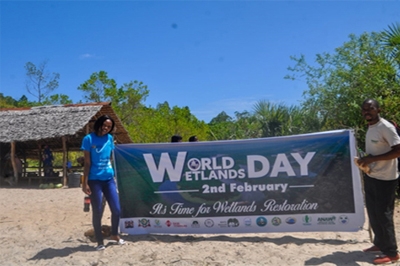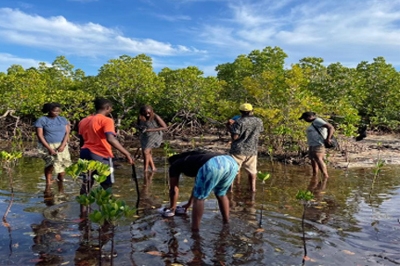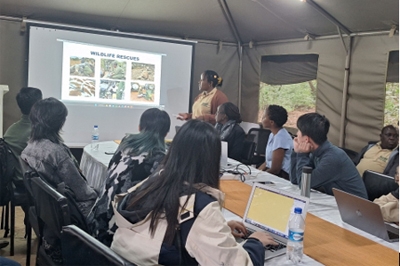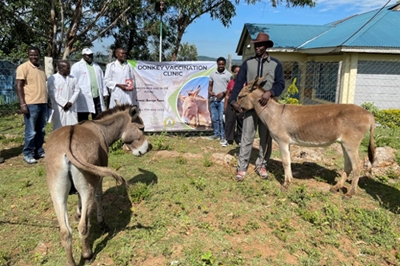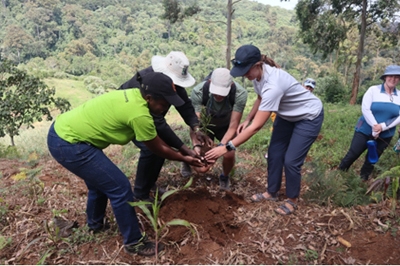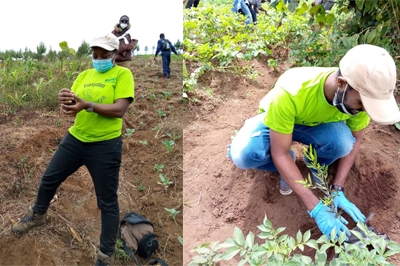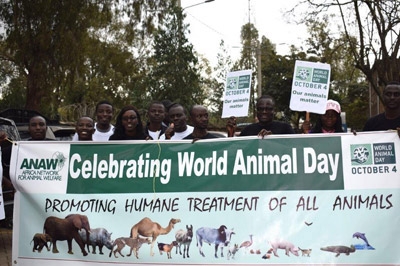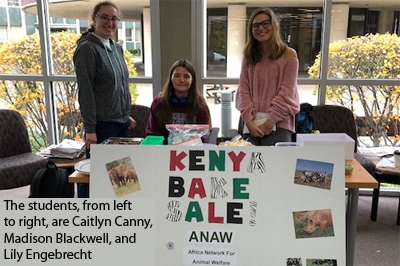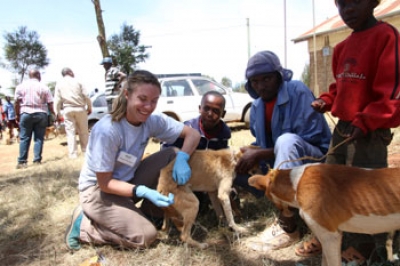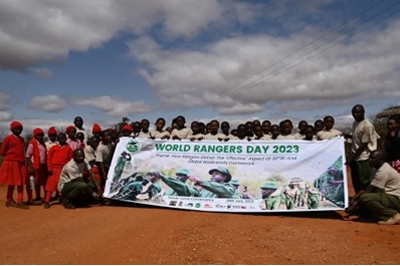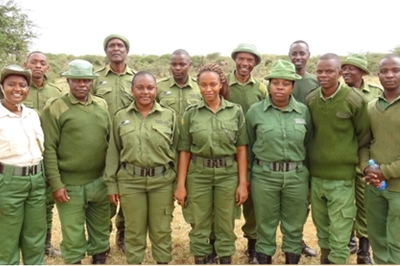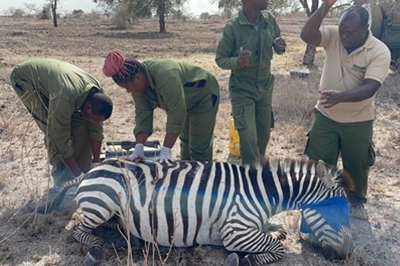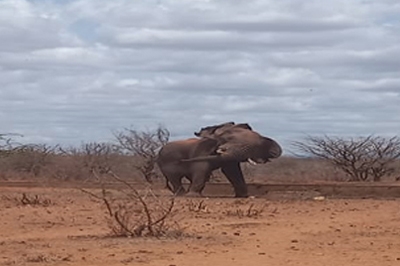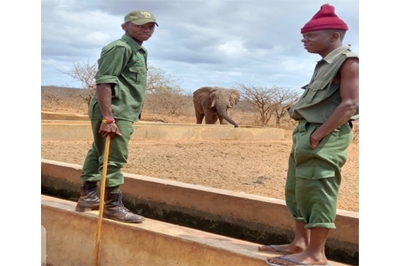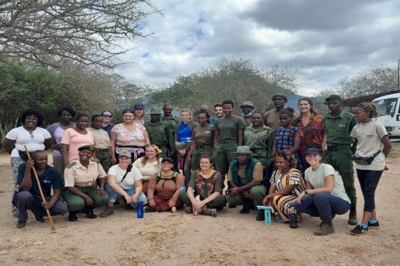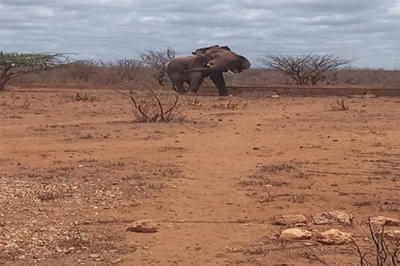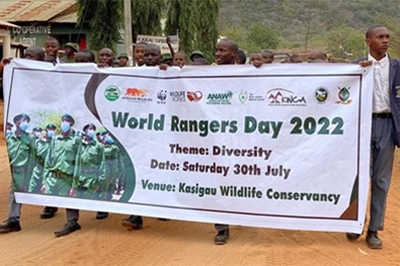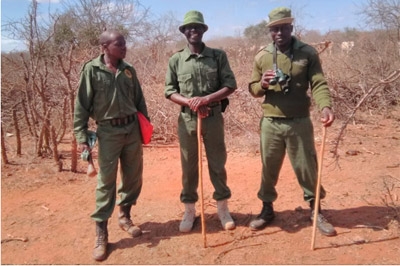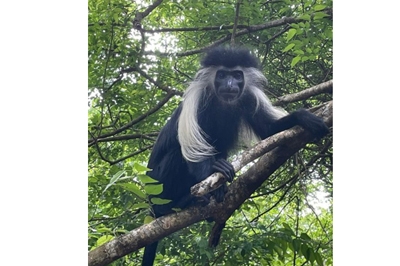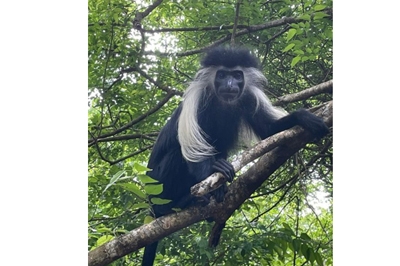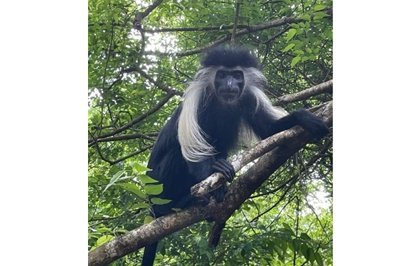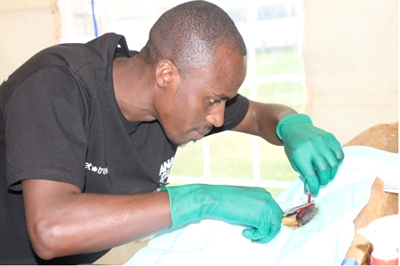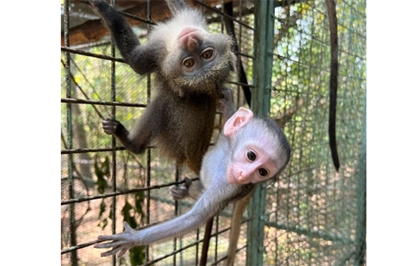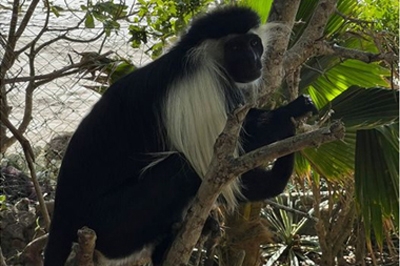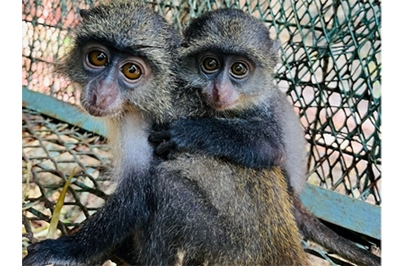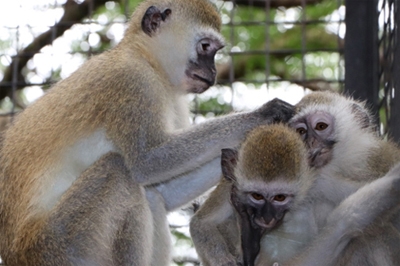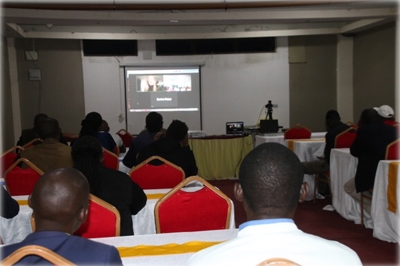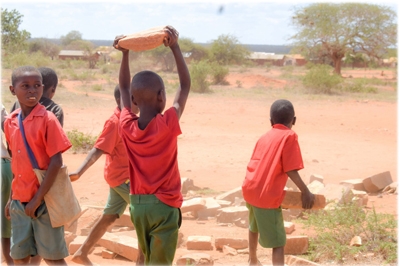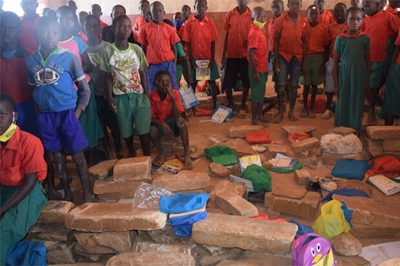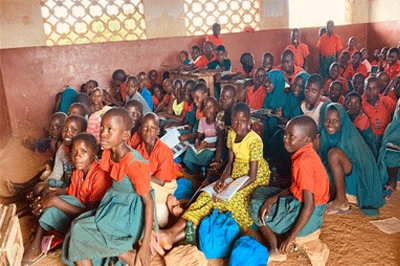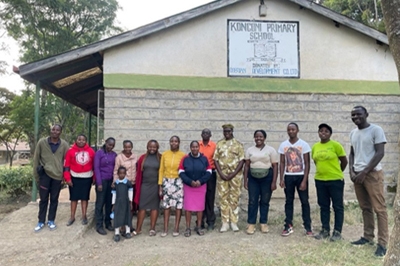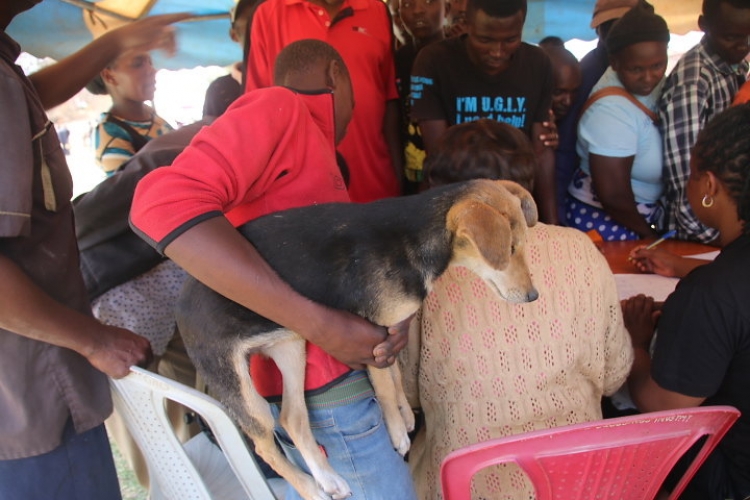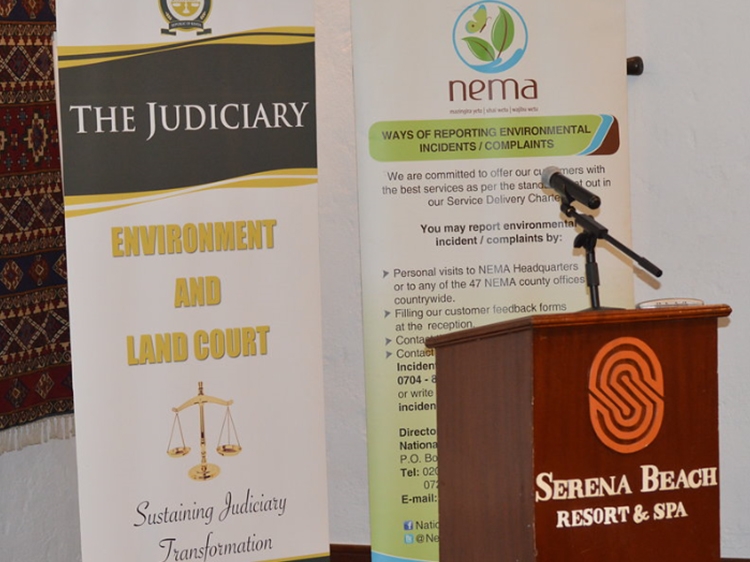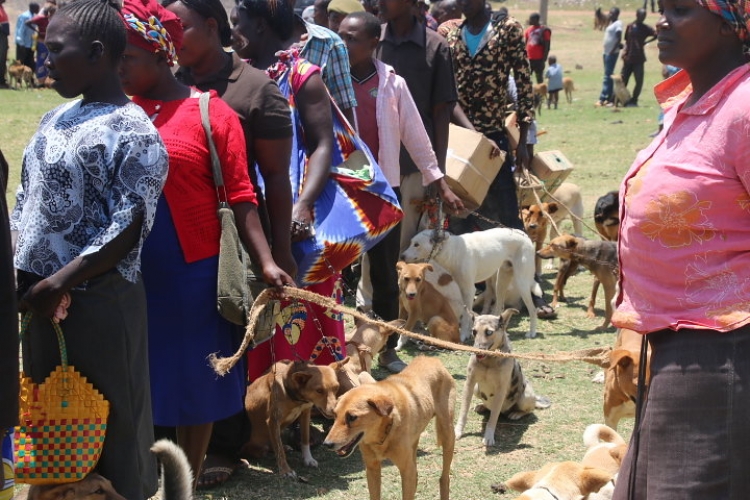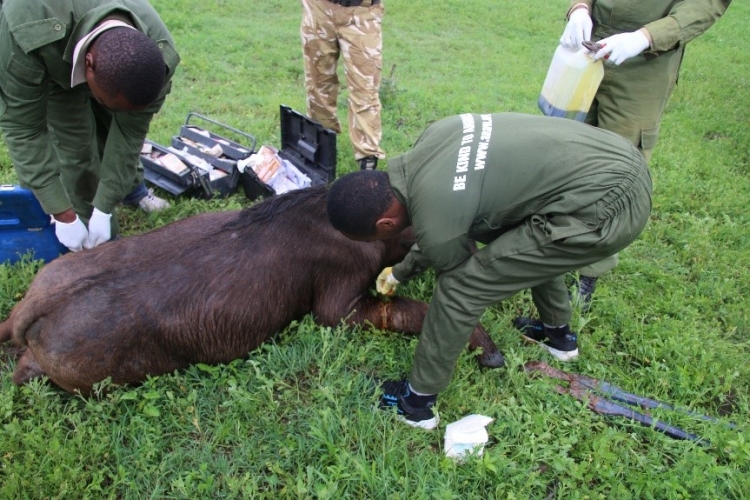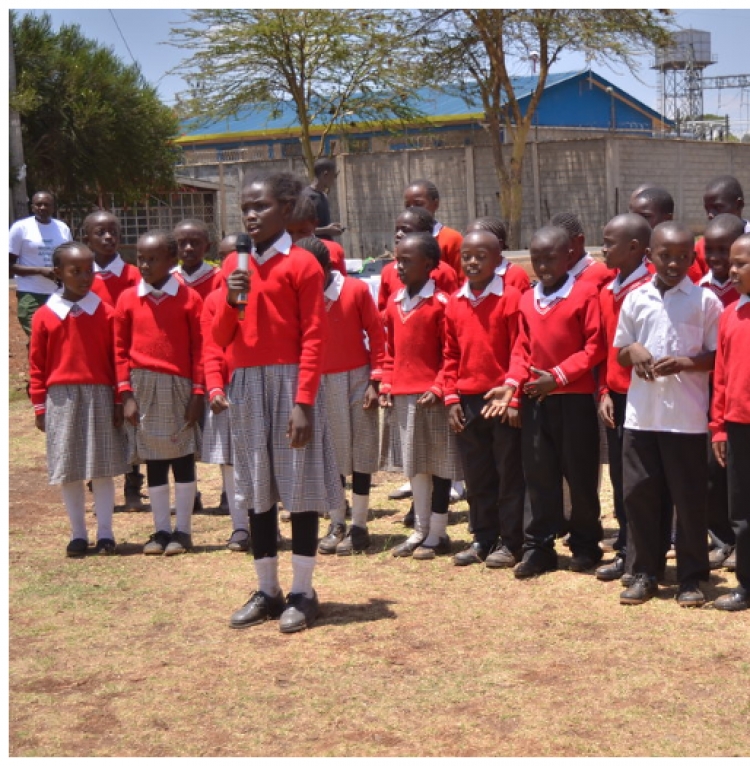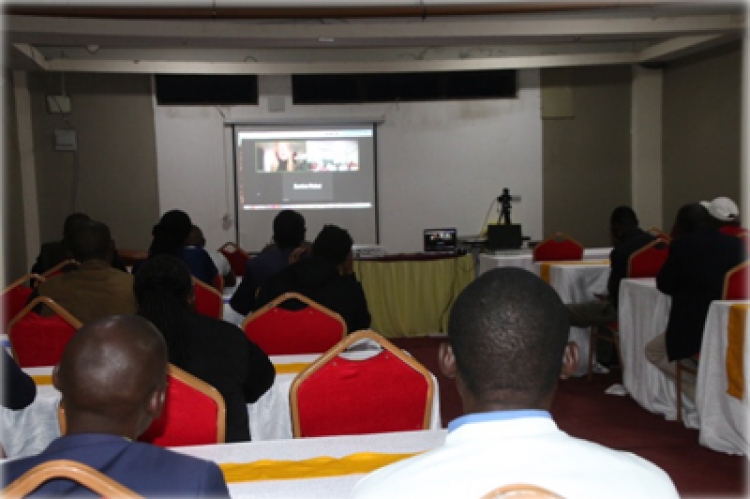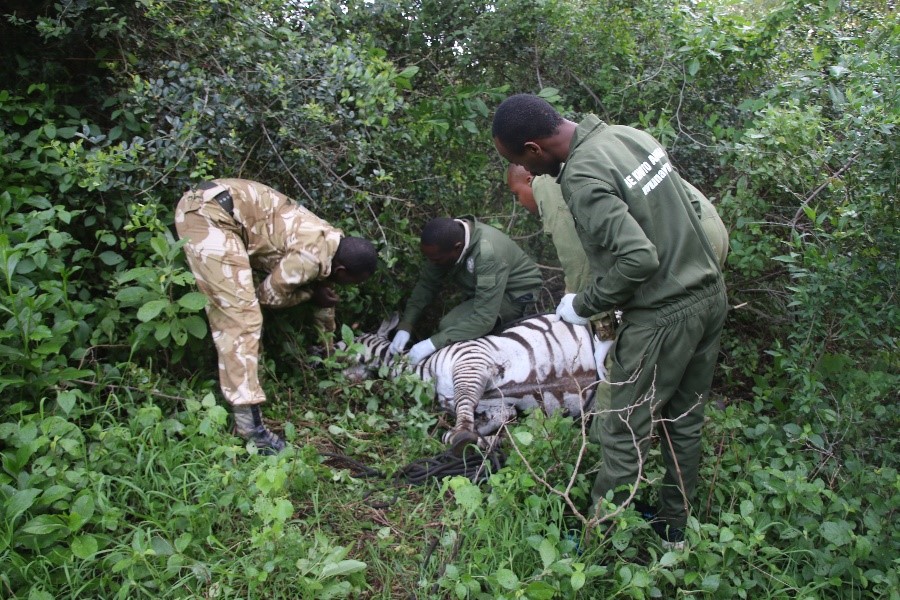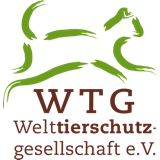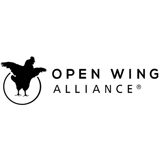As a hands-on organization, ANAW’s work is anchored on the appreciation that animals have intrinsic value and are sentient beings able to respond to physiological changes in the environment. Our projects are targeted at establishing animal welfare as a community-driven responsibility that is owned and driven at grassroots level. The organization has committed itself to spearheading a number of animal welfare changes that would effectively cater for the protection and care for animals at all levels.
In Africa, animal production system, to a large extent, is the basis of survival for millions of people. Between 70% and 90% of the livestock on the continent are produced in extensive natural grazing mainly in pastoral areas. The expansion of intensive animal production system and the commercialization of animal transport and ploughing services undermine the relationship between the animals and their owners.
In addition, the destruction and depletion of wildlife habitats owing to rising human population, land use changes, encroachment of forested areas and expansion in cultivation and settlements has resulted to significant human-wildlife conflicts.
Notably, there has been an escalation of poaching activities following an intense rise in the prices of animal trophies in the black international market, corruption, sophistication in poaching methods and proliferation of small arms. A massive rise in the demand for, and hence trade in bush meat is leading to the snaring and killing of big numbers of wildlife. Rising poverty levels and exacerbation of human-animal relationships is as a result of low economic development, unemployment and underemployment particularly in rural areas.
Some of the current laws and policies are inadequate and outdated largely ineffective in addressing rapidly changing socio-economic dynamics that affect animal welfare.
Climate change has increasingly affected the natural basis for the survival of animals (both domestic and wild) and species diversity leading to increase in frequency and severity of floods as well as droughts that affect tens of thousands of animals.
There is need for an attitude change related to low regard for the welfare of animals and widespread association of animal welfare initiatives with the elite.
At ANAW, we endeavor to arouse an interest amongst stakeholders on animal welfare issues and activities making animal protection and care attractive to local communities and the society. Further, we strive to ensure that animal welfare is adopted as part of the development agenda for governments across Africa.

